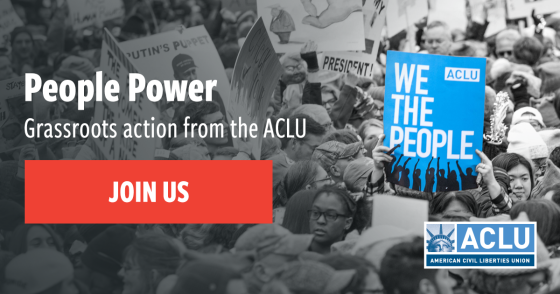LINCOLN, Neb. – Today, Planned Parenthood of the Heartland and its medical director, Dr. Sarah Traxler, filed a notice of appeal to the Nebraska Supreme Court following a Lancaster County District Court judge’s ruling upholding an extreme bill banning abortion access starting at 12 weeks and restricting gender-affirming care for trans youth.
On Friday, August 11, a Lancaster County District Court judge rejected the plaintiffs’ challenge to the law under the Nebraska Constitution's single-subject rule, which expressly states that “[n]o bill shall contain more than one subject.”
Although the district court order left the 12-week abortion ban in place, Planned Parenthood continues to provide abortions before that time in health centers in Nebraska. This notice of appeal comes weeks before restrictions on gender-affirming care are set to take effect on October 1, 2023. The American Civil Liberties Union , ACLU of Nebraska, and Powers Law are litigating the case.
Ruth Richardson, president and CEO of Planned Parenthood North Central States made this statement:
“We will never stop fighting for the reproductive freedom, bodily autonomy, and health of our Nebraska communities. We are doubling down on that commitment with this appeal,” Richardson said. “Planned Parenthood is dedicated to continuing to provide abortion care to the patients we can legally see within the 12-week limit and will continue to connect other patients in Nebraska with the resources they need to get to the essential care they so desperately need, wherever they may be. Every person deserves the freedom to control their body, health, and future—and that right shouldn’t be determined by your zip code.”
Mindy Rush Chipman, ACLU of Nebraska executive director, made this statement:
“We are hopeful that the Nebraska Supreme Court honors the language in our state’s constitution that ‘no bill shall contain more than one subject,’” Rush Chipman said. “We will continue to advocate for Nebraskans’ rights and do all we can to block both the abortion ban and the restriction on gender-affirming care for trans youth.”
